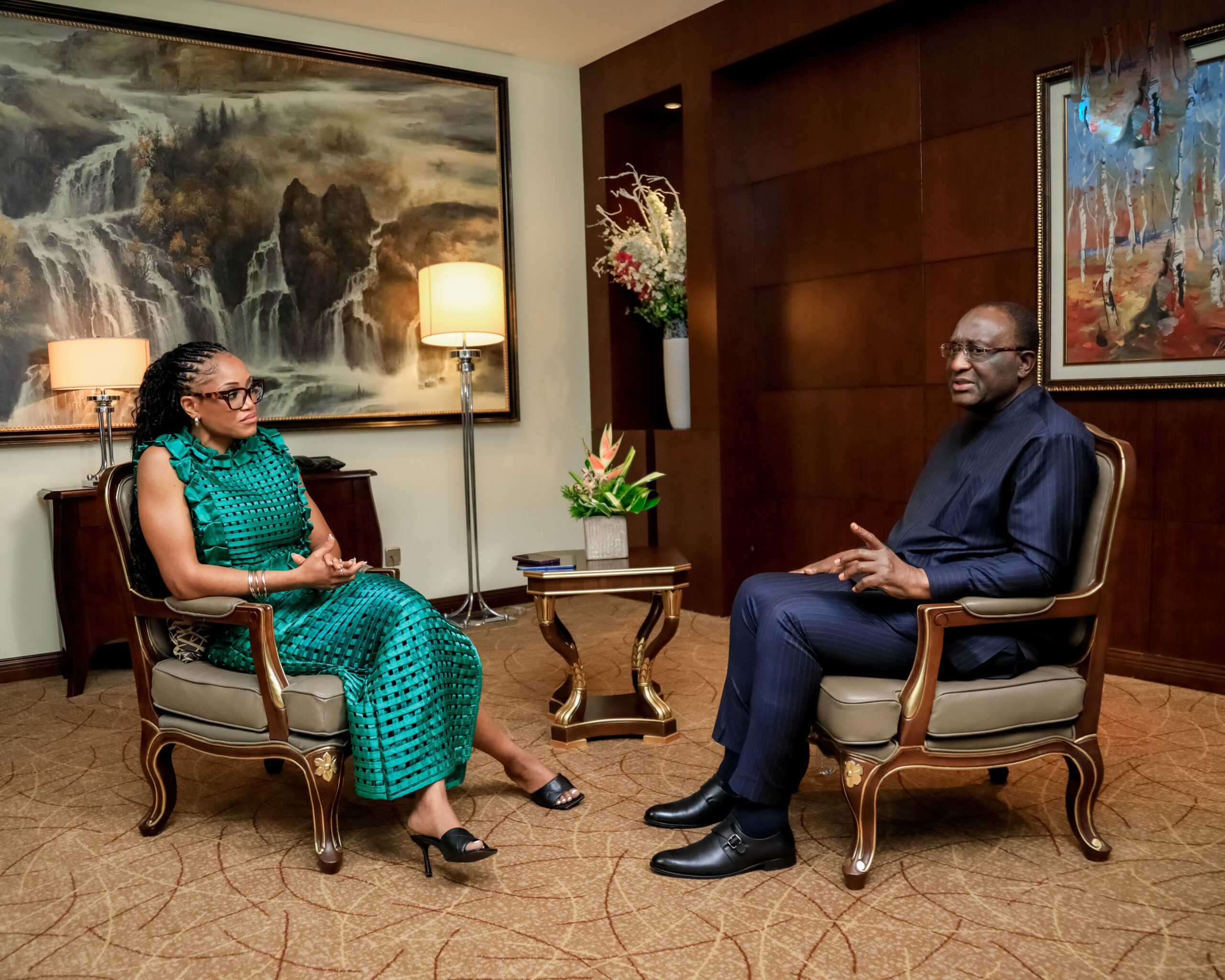
When I sat down with Hon. Alan Kyerematen—former Ghanaian trade minister, diplomat, and one of the chief architects of the African Continental Free Trade Area (AfCFTA)—it wasn’t just another policy discussion. It was a masterclass in vision, leadership, and Africa’s unfinished journey toward unity and prosperity.
At a time when Africa faces renewed trade pressures—from Trump’s sweeping global tariffs to shifting global alliances—Kyerematen’s reflections offer both clarity and urgency.
Here are my five key takeaways from our conversation.
The vision for African economic integration didn’t begin in Addis Ababa or Kigali—it began in 1963, with the founding fathers of the Organization of African Unity (OAU). Their dream was simple yet bold: a continent that trades with itself, grows together, and speaks with one economic voice.
But as Kyerematen reminded me, the newly independent nations were too busy confronting post-colonial crises to prioritize unity. For decades, Africa talked about integration—“a NATO continent,” he quipped, meaning No Action, Talk Only.
AfCFTA was designed to end that cycle by transforming decades of rhetoric into law and operation.
“We needed to move beyond studies on paper,” he said, “to action frameworks that made intra-African trade real.”
Getting 54 African heads of state to agree on anything is remarkable. Yet Kyerematen and his team achieved that milestone.
“It wasn’t easy,” he admitted. “Every leader I met told me, ‘Alan, we know you’ll do a good job—but we’re not sure this will work.’”
Skeptics doubted how a continental agreement could succeed when even regional blocs like ECOWAS or the EAC still struggled. Kyerematen’s counterargument was simple yet brilliant: scale.
“Why should Ghana import sausages from Holland,” he asked, “when Kenya makes them? A larger continental market gives us the scale to compete globally.”
That reasoning—combined with relentless diplomacy—led to the signing of the world’s largest free trade area, connecting 1.4 billion people and a combined GDP of $3.4 trillion.
When Kyerematen speaks about AfCFTA’s potential, he doesn’t just cite numbers—he paints a vision of shared abundance:
“Africa controls 60% of the world’s arable land, one-fifth of its forest resources, and holds most of the planet’s critical minerals and water bodies.”
Imagine uniting that scale of potential. From agriculture to minerals to energy, the continent could transform from a supplier of raw materials into a producer of finished goods—and finally rewrite its place in the global economy.
But potential means little without execution.
“It’s not about talking trade,” he reminded. “It’s about doing trade.”
Perhaps Kyerematen’s most provocative point: Africa cannot integrate economically without integrating politically.
He linked Kwame Nkrumah’s call to “seek first the political kingdom” to the African Union’s Agenda 2063, arguing that AfCFTA’s success hinges on continental governance and political will.
“The current African Union is a loose confederation,” he said. “It must evolve into a politically integrated union if we want Agenda 2063 to become reality.”
Without shared commitment and authority, even the most visionary frameworks—like AfCFTA—risk remaining, in his words, “beautiful documents gathering dust.”
For Kyerematen, AfCFTA isn’t an elite policy—it’s a people’s revolution.
He illustrated it with the story of a young Ghanaian entrepreneur who makes leather shoes. Under AfCFTA, that entrepreneur could sell beyond Ghana—reaching customers in Johannesburg, Nairobi, or Cairo—duty-free and at scale.
“If he sells 30 pairs a month now,” Kyerematen said, “AfCFTA can help him sell 1,000. That’s how prosperity begins.”
Integration will mean cheaper goods, expanded e-commerce, and millions of new jobs. But without infrastructure—roads, shipping lines, digital systems—it will remain a distant dream.
His warning was clear:
“Only political unity can unlock economic scale.”
As our conversation ended, Kyerematen reflected on Ghana’s moral responsibility. The country that once inspired Singapore’s Lee Kuan Yew, he said, must reclaim its place as Africa’s catalyst for integration.
“You can’t have a prosperous Africa without a politically integrated Africa,” he declared. “It ain’t going to happen.”
The AfCFTA is not just an agreement—it’s a blueprint for Africa’s rebirth. But it demands courage, vision, and collective action.
And as Alan Kyerematen reminded me, “It is doable. The building blocks are already there.”